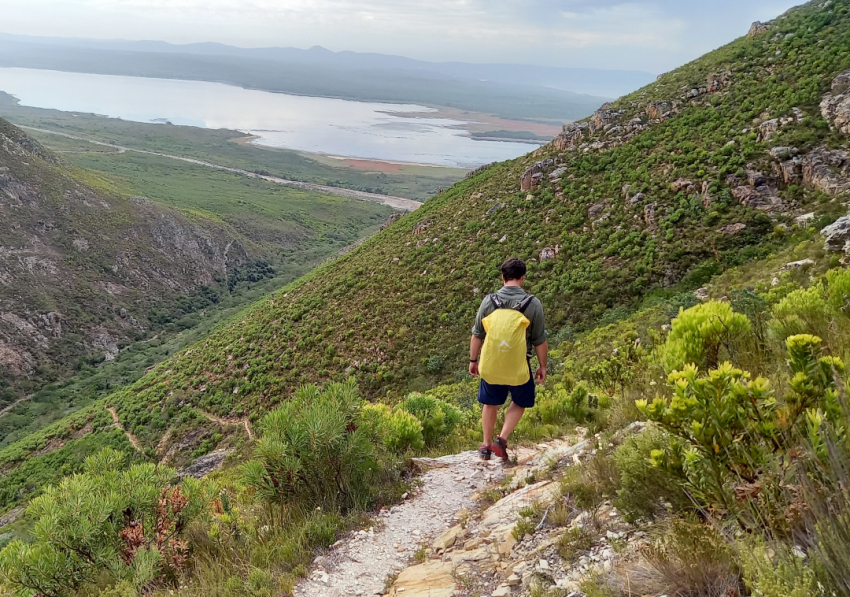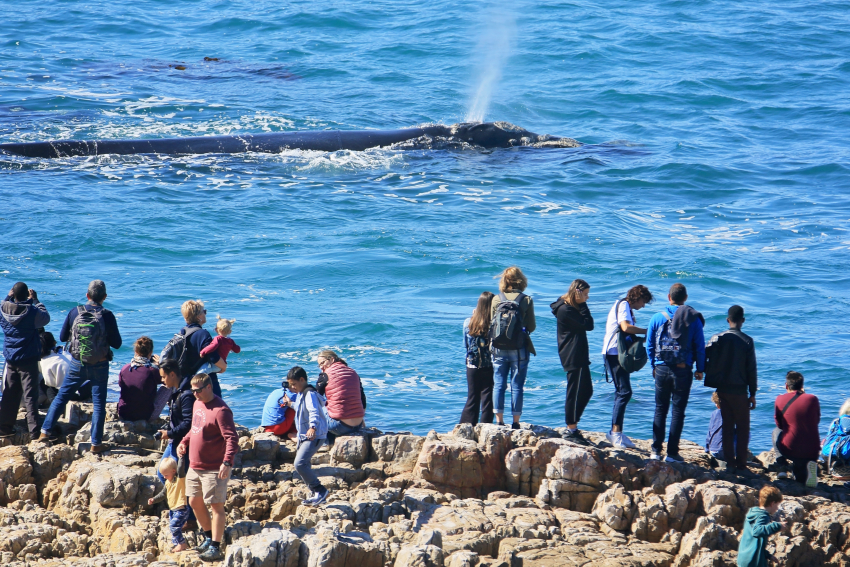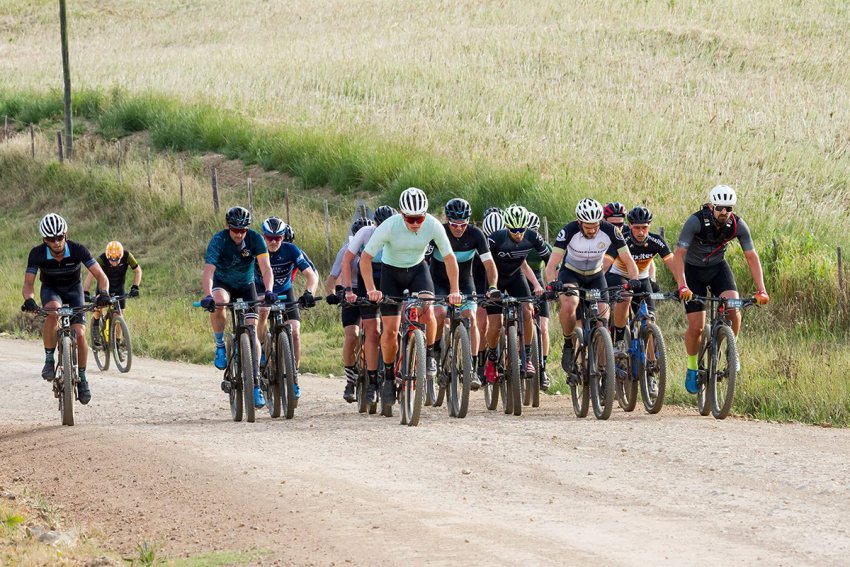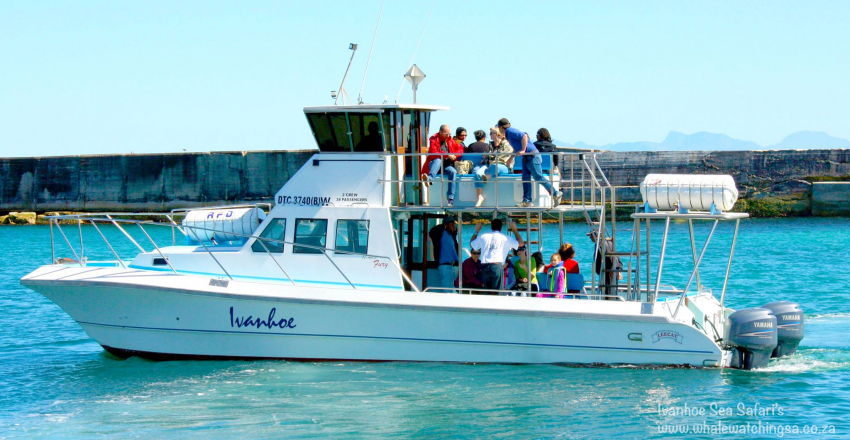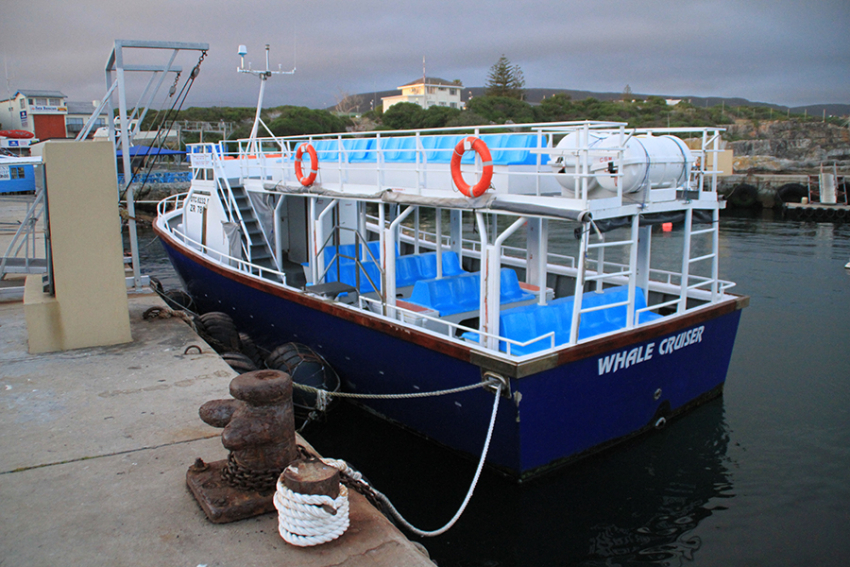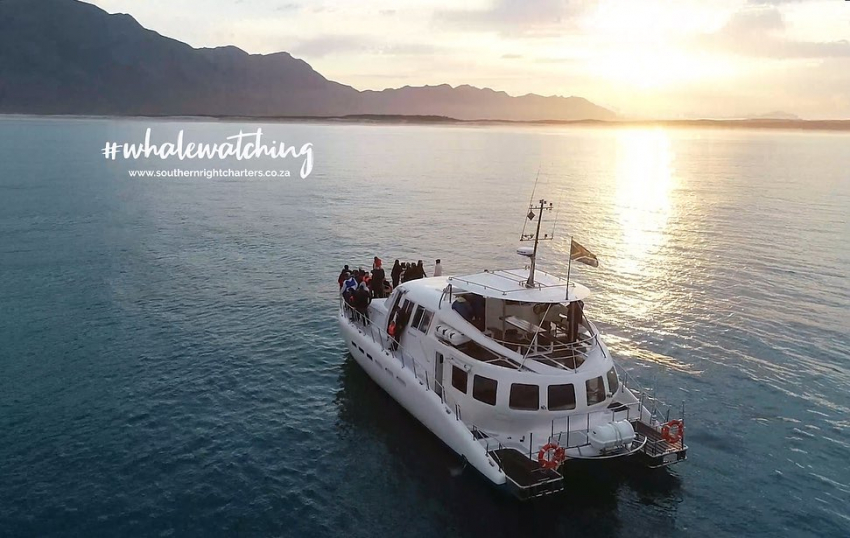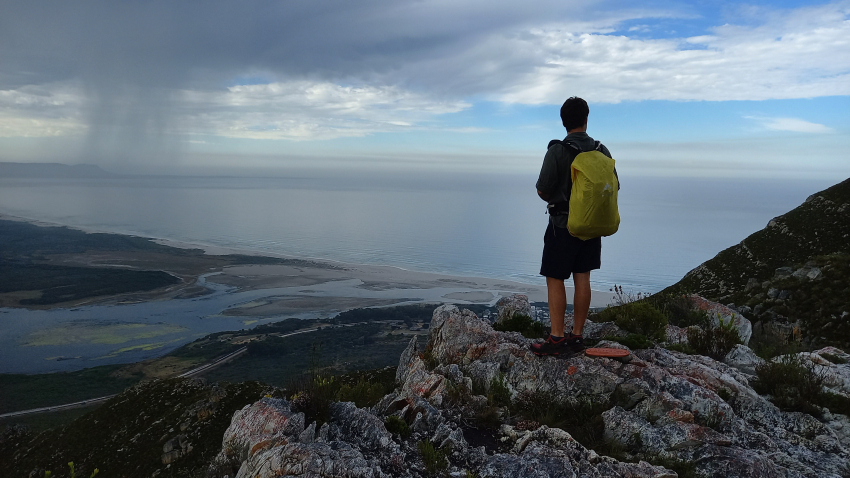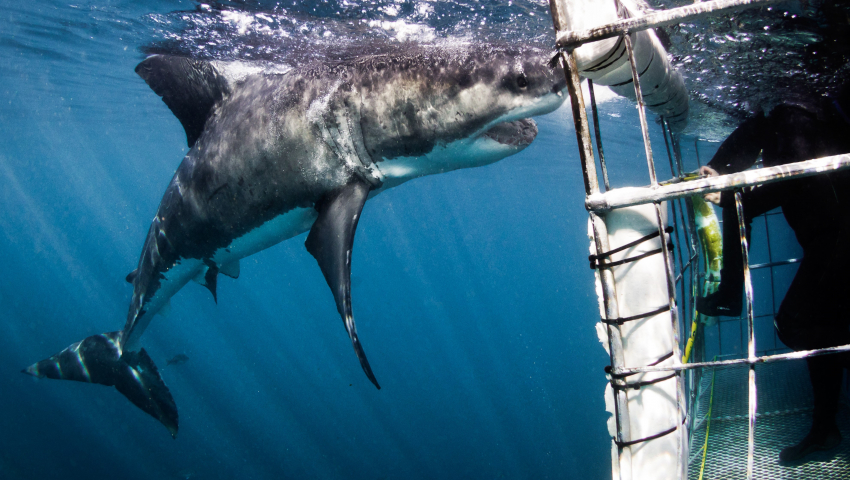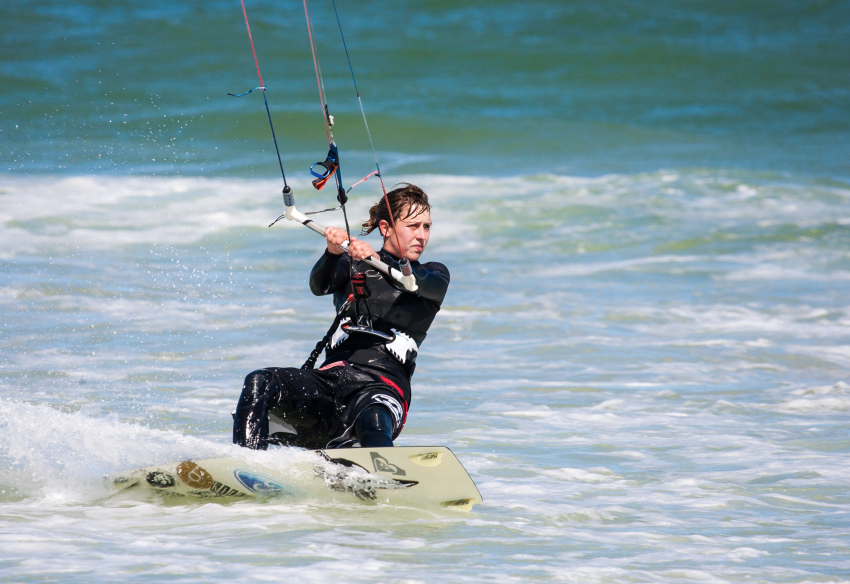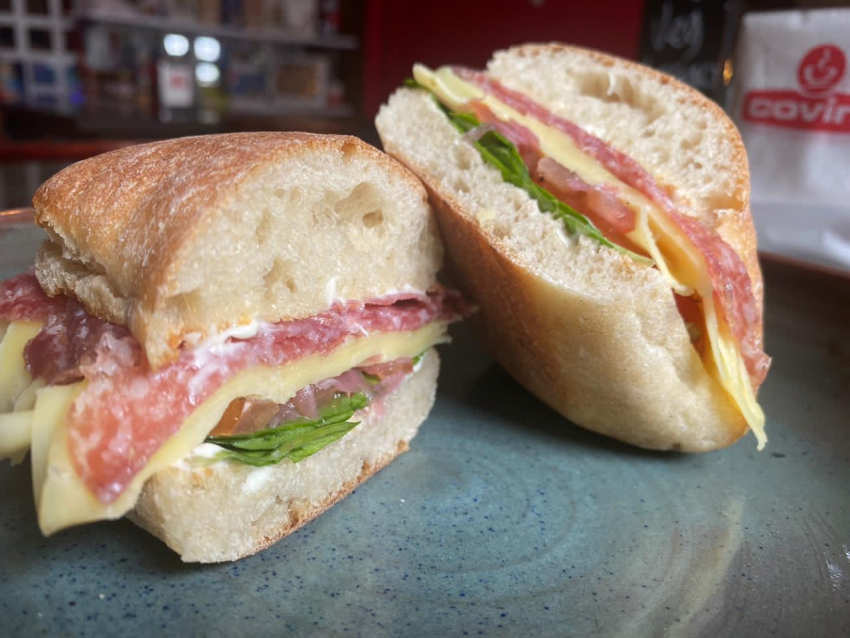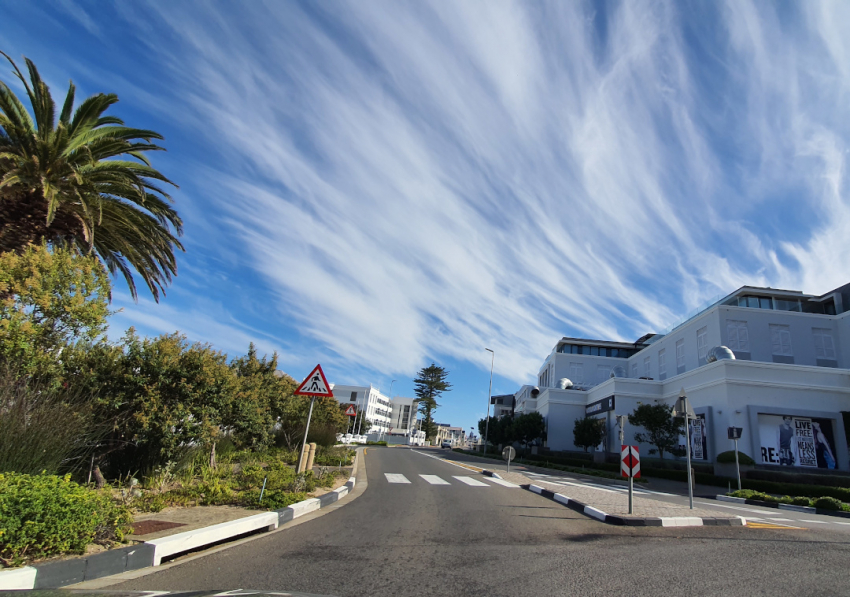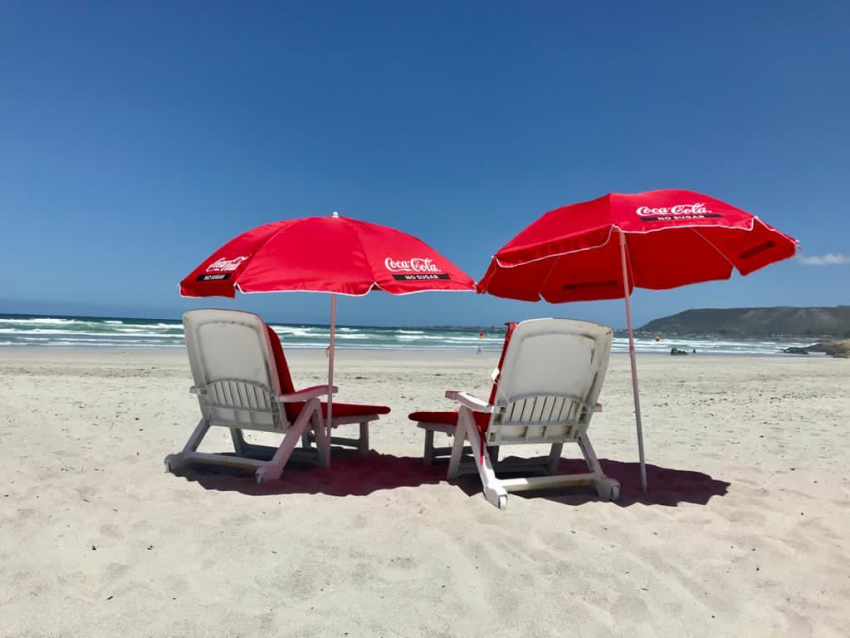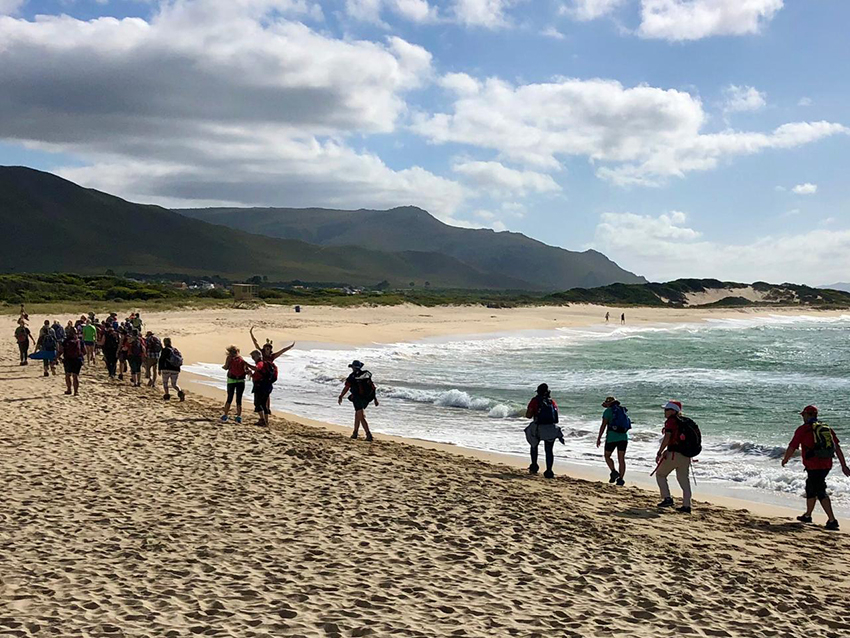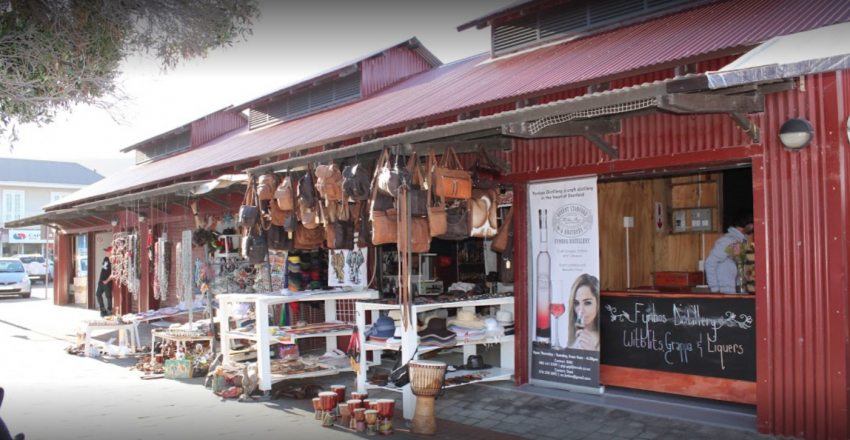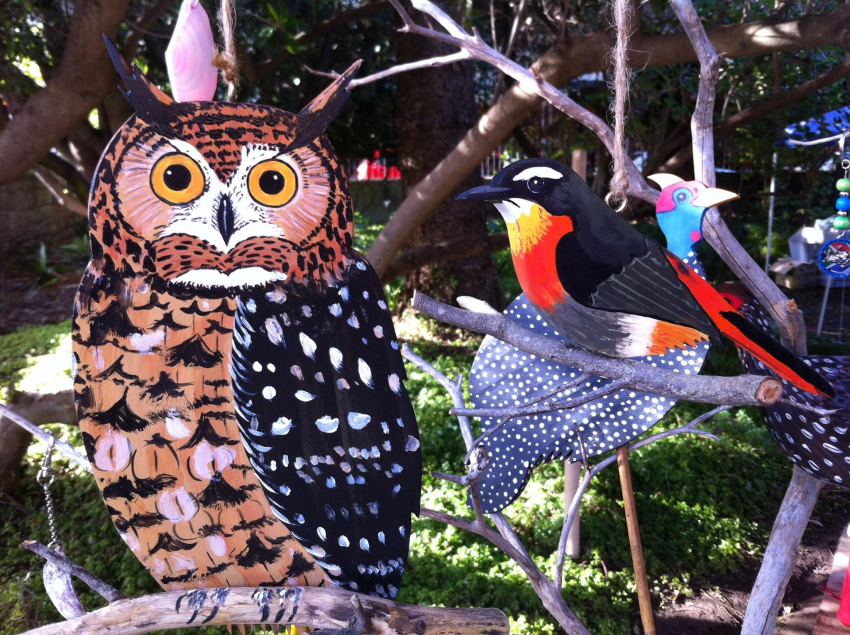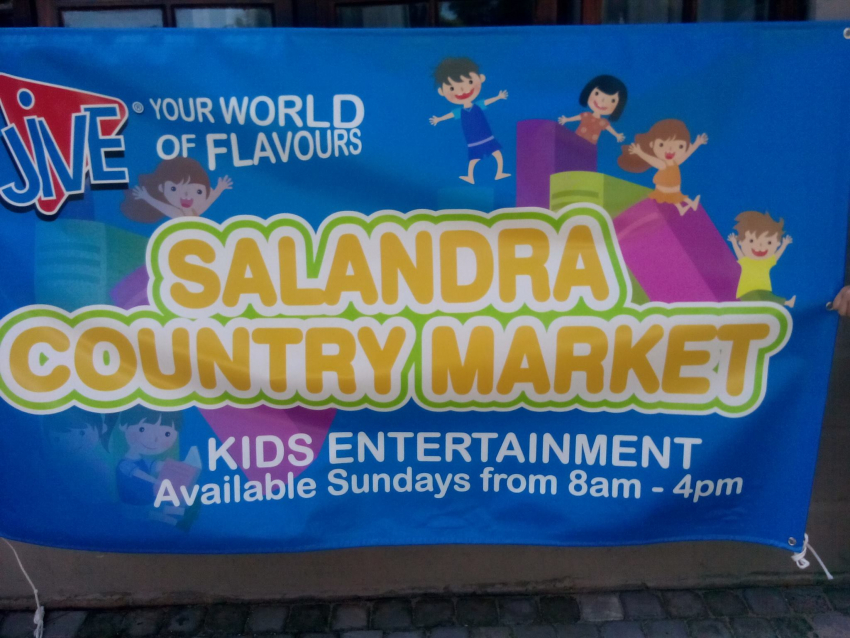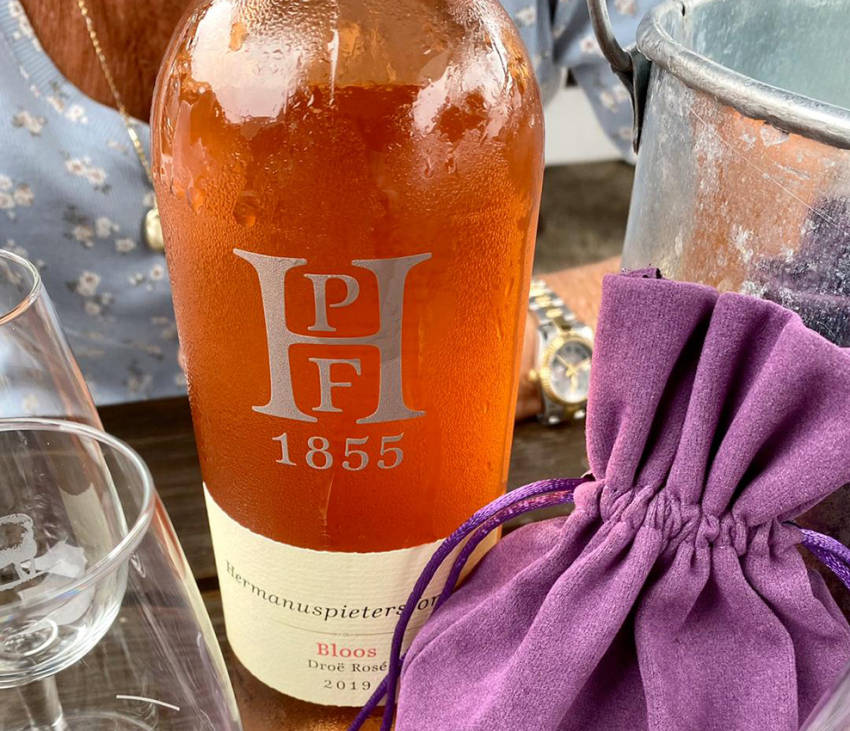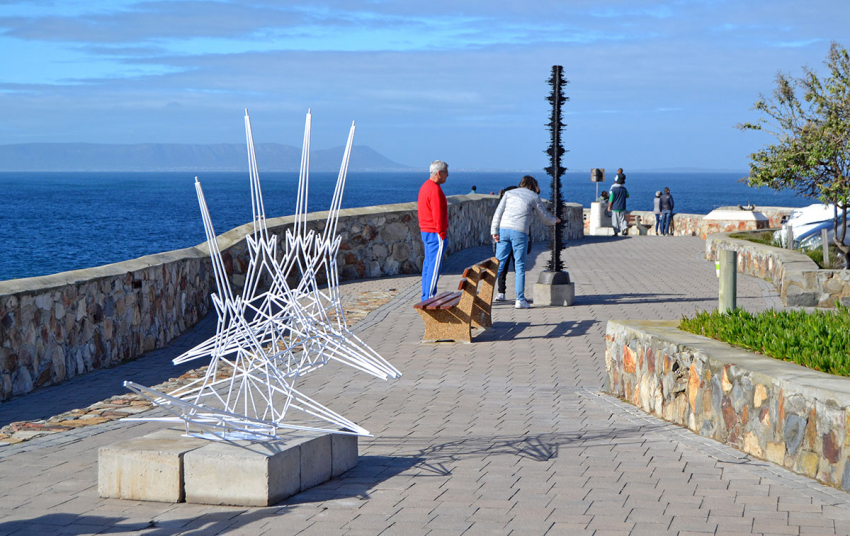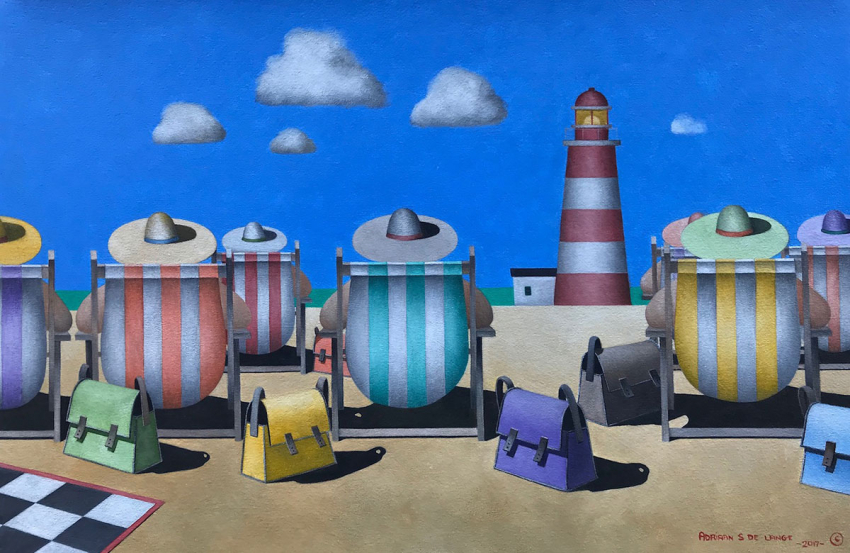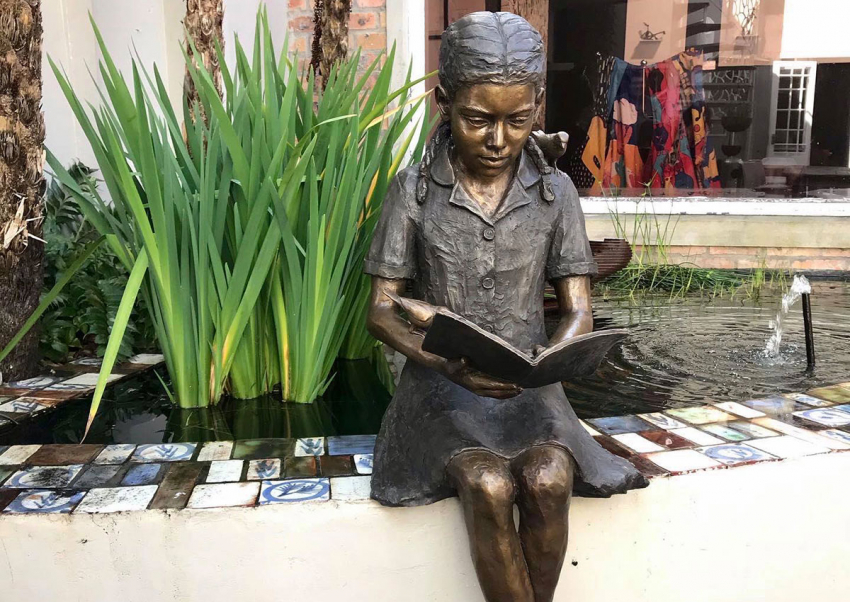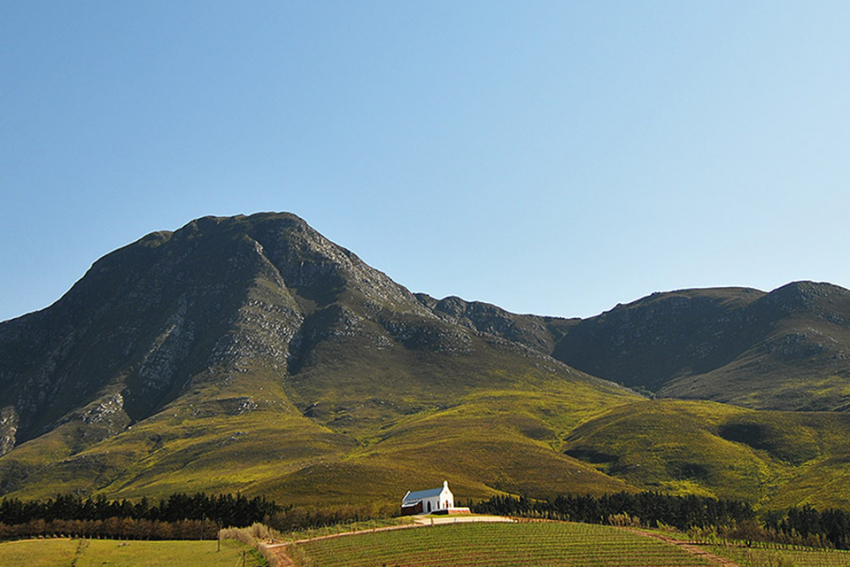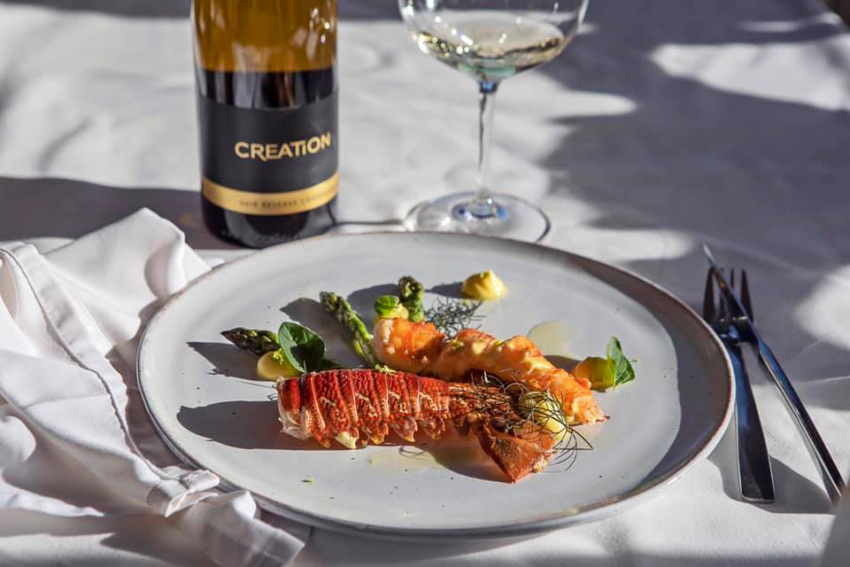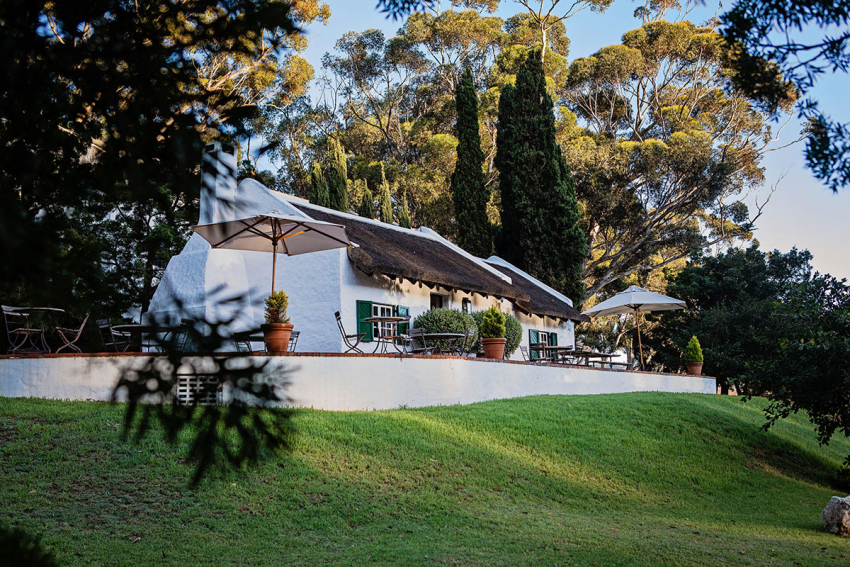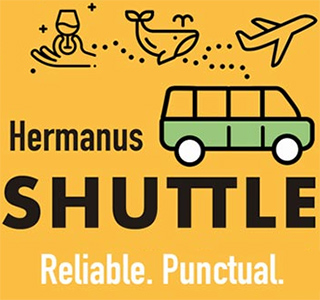My father was ‘Skipper’ Hen van Dyk. There were three other Van Dyk fishermen. Hankie van Dyk lived in Hermanus, while Coen and Lodewyk van Dyk both lived in Poole’s Bay. My name is Philip Reginald but I was called Klein (little) Skipper. I was born in 1919 in a Main Road cottage that stood on the premises which is now a parking area between Cuckoo Tree and Rossi’s restaurants. I was the youngest of six children. Father was skipper of old harbour boats. One was Spes Bona (Good Hope). I have never skippered a boat, yet to this day everybody calls me “Skipper”. I went fishing with the boats only a few times. My trade was really hairdressing. I started work in Hermanus and moved to Worcester where I worked for 27 years before retiring and returning home.
School Days
My school days ended after passing standard eight. I remember Miss Ravenscroft well. She was our kindergarden teacher and the daughter of famous photographer Thomas Ravenscroft. In standard six Meester Paterson was my teacher. Miss Swallow Neethling had left by then. SwallowPark which she established was a sheer pleasure in those days. It had two lovely fountains, a host of attractive, sweet smelling flowers and there were benches, paths and a picket fence surrounding the park. The gates were closed at night. When the fence was removed deterioration started to set in gradually and ended in what we now see.
We played with go-carts on the cliff top. We were not aware of any Strandloper graves in the area although my mother told us that there were a few grave of lepers who drowned there. Our principal, Mr Lomberg organised hacking parties when we had to remove the Port Jackson aliens and take out stones on the playing field. It was the foundation of today’s excellent sports field at the primary school. I somehow wonder if they’d be able to do that in this day and age, with all the human rights in place.
Those Early Days
My father’s first boat was Victoria. Later Willie Boucher, the mayor, gave him Spes Bona. I knew Coena Haman well. He was the barman at the Bay View Hotel when he bought an old garage in the main road and changed it into a cafe for his wife. They called it the Cafe Royal as the well-known hotel nearby was the Royal Hotel. After his wife died, Coena continued with the cafe for many years. It became famous for light meals, tea and scones and chicken pies. After Coena’s death, Brenda Kotze bought the premises from his estate and established Hermanus Pharmacy.
The Hermanus fishermen were like a big family. A fisherman’s life was ever exposed to a great deal of danger and hardship. My father died at 69 while he was carrying a heavy load of firewood.
Cliff Path
The original cliff path was used by fishermen, cycling from one fishing spot to the next. They were known as shore fishermen (in Afrikaans walvissers) — which is just the same as anglers or rock fishermen. Mike Hasie Woensdregt, Alex and Piet Roos, the two Champion brothers, and others were some of them. They cycled from the old harbour to Voëlklip frequently, catching galjoen. As children, we loved fish — it was our staple diet.
We often swam at the Marine tidal pool. I learnt to swim there in 1924. Sometimes we swam at Fick’s pool. Near Bientang’s cave was a cleared area where Mother believed that Bientang or another person who lived there, made a garden.
Whales
Whales were rarely seen in those days. At Piet-se-klip one of these giants could sometimes be seen lying near the rocks. You could touch it. There were sharks, dolphins and whales. We often caught harders at Frans-se-klip where fish fed on discarded entrails. Bill Selkirk caught his first shark there.
Fishermen in those days were keen nature conservationists. They believed it was wrong to go near whales. My father’s boat, Spes Bona, was turned upside down by a whale one New Year’s day while they were fishing near the shore. Joe Warrington who was fishing with a line on each big toe, drowned as he became entangled in the lines. After that incident Father never went fishing again on a New Year’s day.
He was very firm about wasting seafood. We were not allowed to take out any which was not needed for that day. He was fond of saying “tomorrow is another day”. My brother sometimes walked to the old harbour and came home with two galjoen, just enough for our supper.
I Remember
The first motor car in Hermanus, was a pedal Ford belonging to Richard Boucher of the farm Silvermine near Stanford. He used the car for hawking vegetables. More people acquired motor cars after that.
I also remember the Erwees of Stanford who came with an ox-wagon selling firewood and vegetables. Hawkers sold their produce on the market. There was a shed where railway lorries loaded and unloaded goods and in bad weather, fishermen gathered in the shed chatting.
I knew the McFarlanes well. Wattie, Brian and Neville’s father had the Ocean View Hotel and BalconyBuilding. I also knew Master Builder George Vermeulen. My brother-in-law, Botha Fourie worked for him. Every time George was in good form, he would do something outrageous and go bankrupt. Eventually Botha left and started his own business. George tackled other projects, besides building and could not make a success of any of it. Examples are the chicken farm in Hemel-en-Aarde and the Riviera Hotel which he bought to convert into a hospital. He sold the farm at a loss and nothing came of the hospital.
I remember old Dhia, the Indian hawker who sold vegetables and fruit in a little two-wheel cart with a canopy. The first black man in Hermanus was Jana who worked for the municipality. He cleaned all the streets using a wheelbarrow, spade and broom. He picked up the manure and sold it to residents for their gardens. My father also mentioned John Rokkie who camped at Tamatiebank. Apparently he earned his nickname because he sometimes wore a dress (rok).
The War
World War Two broke out just after I started work and I joined the forces, serving in Egypt. The military pay was very modest — one shilling (10c) a day, but we wanted adventure and did not mind about the low pay. I was there for five years and 88 days.
While still at school, I worked on Saturdays at Kosie du Toit, Niël du Toit’s father. He had a hairdressing and tobacco saloon. After the war I worked at hairdresser Warmenhoven. I was still working in Hermanus when our oldest daughter contracted asthma and we sent her to school in Worcester where she stayed with my mother-in-law. She cried bitterly every time we visited her. In the end I found work in Worcester and we moved there. Initially I worked for the Kretzens, until I started my own business. Our two daughters now live in Pretoria and Rawsonville respectively.
Retirement
I live in a spacious house near the sea in Onrus and spend my days pottering around the garden. Nature has changed totally since the old days. The sea never gets quite so rough that you hear it thundering at night. The morning after such a night, we would find lots of red bait washed up in the night. Fishermen could hear when the sea became stormy and went to the old harbour in a group to secure their boats.
Nowadays it’s different — the weather has changed. While camping at Ougrens years ago, the water became so rough that fish washed up on the beach. We often had a drizzling rain for a fortnight non-stop and the river would come in flood. During rough seas the Gansbaai fishermen found shelter at Hermanus and sold their fish to the local fishmongers. Fishmongers of old took the fish by ox-wagon to farms at Caledon and Worcester.
Article extracted from SJ du Toit – Whale Capital Chronicles III, Page 174.
Should you wish to use any of her stories please contact SJ du Toit directly.

